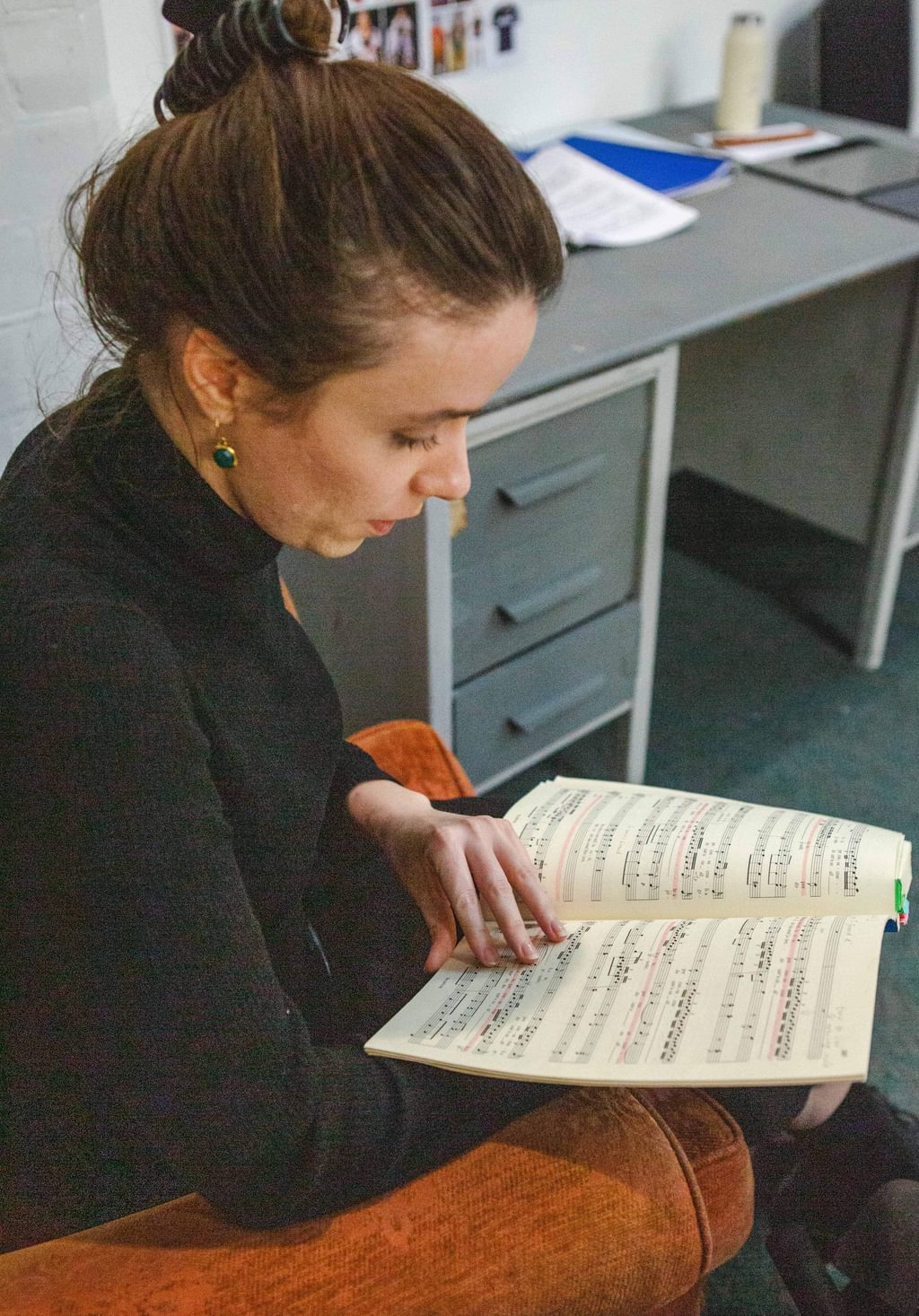What are the challenges of singing Handel's operatic repertoire, particularly in the role of Ariodante?
This is one of Handel’s darkest operas, so the main challenge for me has been delving into Ariodante’s psyche. The first act is incredibly joyful, and within seconds a switch is flipped, and he is thrown into a state of deep emotional turmoil. Maintaining this emotional intensity through virtuosic passages of music is challenging, but also very rewarding. The main highlight for me is the music – everyone is given more than one aria in which to explore their characters, so it’s been very inspiring to watch my colleagues develop over the rehearsal period.
What can we expect from the production – is there anything you weren’t expecting?
Without giving too much away, the audience can expect some quite extreme highs and lows, and some water…
What's it like working with conductor David Bates and director Olivia Fuchs on this production?
It’s been a privilege to work with Olivia and David on this production. Both are incredibly supportive and bring great enthusiasm to rehearsals. Olivia’s knowledge of Rudolph Laban’s ‘Efforts of Action Drive’ has been instrumental in bringing Ariodante’s physicality to life, and I’ve thoroughly enjoyed learning more about the baroque style from David.
Are there themes in Ariodante that are relevant today?
The themes of this opera are universal: love and betrayal, desire and fidelity, power and judgement.
Why should audiences come and see this production of Ariodante?
I think the audience will be very impressed by the set design by Yannis Thavoris. It creates an atmospheric world which shapeshifts from the royal court to no-man’s-land, yet various partitions allow the audience to witness the inner worlds of the characters which really elevates the story. The music is achingly beautiful, and it’s an opera which everyone can relate to in some way as its themes are so global.
Last remaining tickets for Ariodante, Tuesday 21 - Friday 24 November, are available to book here.
